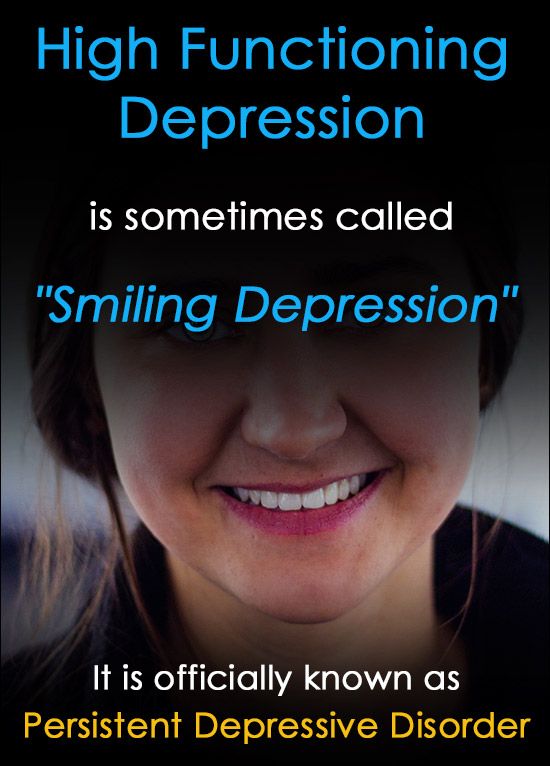

1,8,9 Thus, impairment in social functioning may persist for years after the resolution of a major depressive episode, depending on the thoroughness (ie, with vs without residual symptoms) and "stability" (persistence over time) of the remission.Ĭurrently, rapid syndromal and symptomatic remission is the primary goal of treatment for patients with MDD. Similarly, in patients with MDD, symptomatic improvement is not always accompanied by restoration of psychosocial functioning, such that patients who achieve a full resolution of depressive symptoms may often still experience functional impairment, although such patients typically report greater functional improvement compared with patients who achieve remission characterized by residual symptoms, or patients who experience little or no symptom improvement.

7 For instance, findings of a prospective, longitudinal study of more than 7000 patients who met criteria for at least 1 axis I disorder demonstrated persistent impairment in psychosocial functioning even among patients whose last psychiatric episode occurred more than 12 months prior to the time of assessment.

In fact, it has often been described that, when treating most axis I disorders, functional recovery often lags behind symptomatic remission. 2-4 In addition, although the extent of psychosocial impairment in patients with MDD has been reported to vary according to the duration and severity of the illness, it has also been pointed out that impaired functioning is not always temporally confined to the depressive episode, with subthreshold symptoms often resulting in continued psychosocial impairment despite syndromal remission. The functional impairment experienced by patients with MDD is often comparable and, in some instances, more profound than that which has been reported among patients suffering from other chronic medical conditions. 1 Indeed, the criteria for major depressive disorder (MDD) themselves require that qualifying depressive symptoms result in clinically significant distress, as well as impairment in social, occupational, or other areas of functioning.

The goals of this article are to discuss the potential origins of psychosocial impairment, provide literature-based evidence that achieving asymptomatic remission (ie, remission without residual symptoms) is crucial so that functional improvement continues beyond acute-phase treatment, and emphasize the need for an expanded assessment of the illness that fundamentally includes an evaluation of psychosocial functioning, since the restoration of psychosocial functioning does not always accompany the resolution of symptoms in MDD.ĭepression is associated with substantial and persistent impairments in psychosocial functioning. The more effective the therapeutic approach employed to resolve symptoms of depression (eg, long-term duration of treatment, monitoring of patient adherence to treatment, maintenance of asymptomatic remission), the more likely it is that patients with MDD will experience a full restoration of premorbid psychosocial functioning. Patients who achieve full asymptomatic remission from depressive symptoms can still experience functional impairment thus, restoring psychosocial functioning is increasingly being identified as an important goal of depression therapy. Factors that may contribute to restoration of psychosocial functioning include the patient's lifetime functional trajectory, the overall effectiveness of depression therapy, and the duration and quality of remission. Patients with major depressive disorder (MDD) can experience persistent and substantial functional impairment, and the extent of psychosocial impairment often varies with symptom severity.


 0 kommentar(er)
0 kommentar(er)
